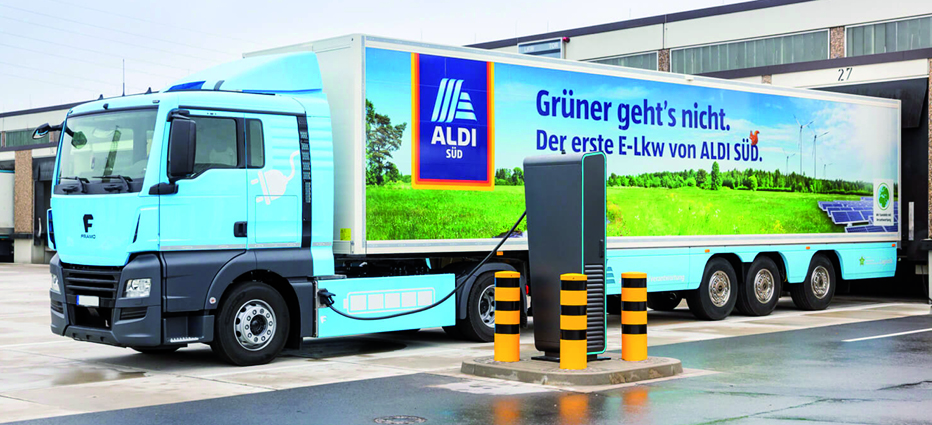New Zealand could eventually become a country where drones dominate the skies, and crashing your car is nearly impossible, according to new Transport Minister Simon Bridges. He told The Dominion Post this week that one of the most exciting aspects of his new portfolio was being able to oversee the development of autonomous vehicle technology.
In layman’s terms, that means driverless cars, submersibles, and planes – the latter more commonly known as drones. “I’m very interested in it because I think it’s got the capacity to deliver big safety gains, as well as efficiency and productivity gains and the like,” he said.
A briefing paper prepared by the Ministry of Transport for Bridges says that, in the next 20 to 30 years, a large proportion of aircraft used for specialised activities in this country are likely to be operated remotely. “In aviation, commercial flights are routinely operated with minimal input from the pilot, and remotely piloted aircraft, or drones, are already flying in our airspace,” the paper said.
A similar briefing by the Civil Aviation Authority said drones were increasingly being used for specialist activities such as search and rescue, crop spraying, aerial mapping, and photography. The authority announced this week that it was developing new rules for flying drones.
Bridges said private companies would probably be at the forefront of developing this technology. But the Government had a responsibility to ensure the regulatory environment allowed the technology to develop as quickly as possible.

“We need to make sure we’re thinking about . . . how [drones] interact with [piloted] planes, for example, from a safety perspective,” he said. “You want to be ahead of the curve on these things.” The ministry briefing also pointed out the Government would need to be awake to developments in driverless cars, as well as new technologies that would eventually allow vehicles to share information about their speed and direction, warning them when evasive action was needed.
“It is unlikely that road crashes will ever disappear completely, but the scope for human error – which is a factor in most crashes – will reduce significantly,” the paper said. “The road toll could be significantly lower as a result of safety features in new cars, which may be so advanced that they are nearly impossible to crash.”
Bridges said driverless cars would be able to travel safely at higher speeds with less separation between them, increasing the capacity of our roads.
Source: www.stuff.co.nz